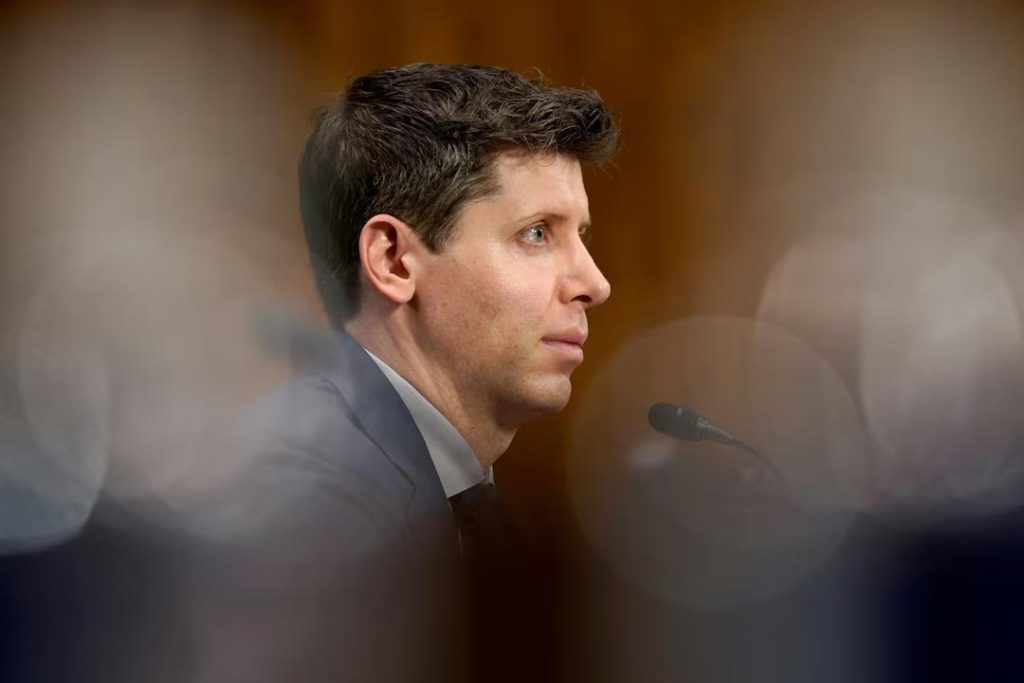
OpenAI Poaches AI Talent from Meta & Others After Meta’s Poaching: Report
The ongoing game of cat and mouse between tech giants Meta and OpenAI has taken a new turn. In a surprising move, OpenAI has hired four high-profile engineers from Meta, xAI, and Tesla to join its scaling team, according to a recent report by WIRED. This development comes as Meta continues to poach AI talent from across the tech industry.
The four engineers who have made the switch to OpenAI are David Lau, the former Vice President of Software Engineering at Tesla; Uday Ruddarraju, the former Head of Infrastructure Engineering at xAI; Mike Dalton, a seasoned xAI engineer; and Angela Fan, a researcher at Meta AI.
This move is significant as it marks a reversal in the hiring game between the two companies. Meta has been actively poaching AI talent from other tech giants, including Microsoft and Google, to bolster its own AI research and development efforts. OpenAI, on the other hand, has traditionally been known for its focus on AI research and development, particularly in the areas of natural language processing and machine learning.
The recruitment of these four engineers by OpenAI is likely to have a significant impact on the company’s ability to scale its AI capabilities. David Lau, the former Tesla executive, brings with him extensive experience in software engineering and leadership. Uday Ruddarraju, the former xAI executive, has a strong background in infrastructure engineering, which will be crucial in supporting OpenAI’s growing AI research efforts. Mike Dalton, the xAI engineer, has a deep understanding of AI research and development, having worked on various AI-related projects. Angela Fan, the Meta AI researcher, has a strong research background in AI and machine learning, which will be valuable in advancing OpenAI’s AI capabilities.
This development is also significant in the context of the ongoing competition between Meta and OpenAI. Meta has been investing heavily in AI research and development, particularly in the areas of natural language processing and computer vision. OpenAI, on the other hand, has been focused on developing its own AI capabilities, including its popular language model, ChatGPT.
The recruitment of these four engineers by OpenAI is likely to be seen as a major coup by the company, particularly given the strong backgrounds and expertise of the new hires. It will be interesting to see how this development impacts the competitive landscape between Meta and OpenAI in the future.
The hiring spree by OpenAI is also a testament to the growing importance of AI talent in the tech industry. As AI becomes increasingly ubiquitous in various aspects of our lives, from healthcare to finance to entertainment, the demand for skilled AI professionals is growing. This trend is likely to continue, with AI talent becoming increasingly sought after by tech companies and startups alike.
In conclusion, the recruitment of four high-profile engineers by OpenAI from Meta, xAI, and Tesla is a significant development in the ongoing competition between the two companies. This move is likely to have a significant impact on OpenAI’s ability to scale its AI capabilities and will be closely watched by the tech industry.






